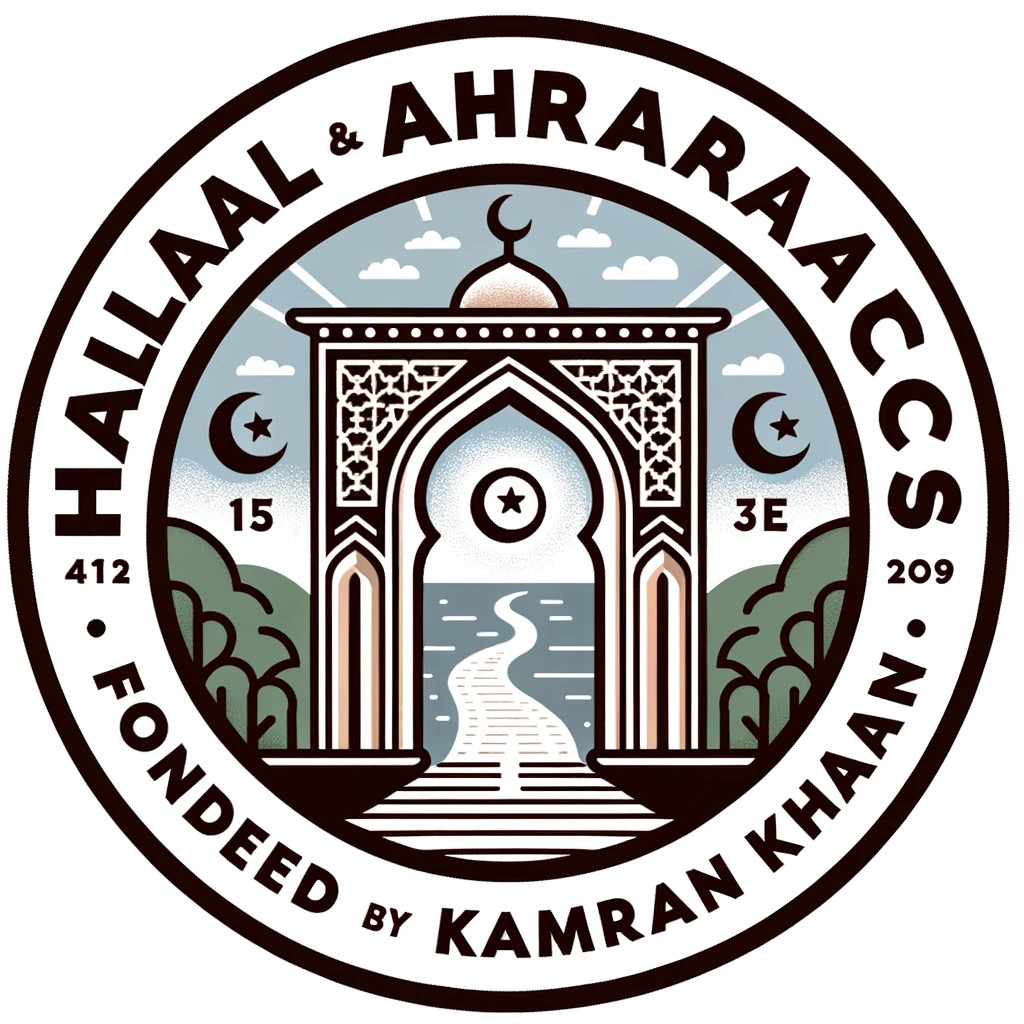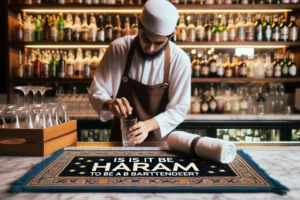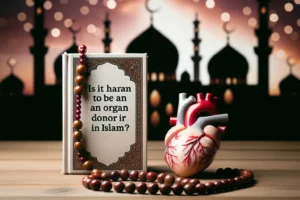Харам ли быть пластическим хирургом?
The question of whether it is haram (forbidden in Islam) to be a plastic surgeon is a complex one and depends on various factors, including the purpose and nature of the surgery, as well as the interpretation of Islamic teachings.
Харам ли быть пластическим хирургом?
- Islamic Perspective on Medicine and Healing: In Islam, the practice of medicine and healing is generally considered a noble and commendable profession. The Prophet Muhammad is reported to have said, “There is no disease that Allah has created, except that He also has created its treatment” (Sahih Bukhari). This hadith indicates a positive view of medical practices, including surgery, as long as they are conducted within the ethical guidelines of Islam.
- Types of Plastic Surgery:
- Reconstructive Surgery: This type of surgery is performed to correct deformities or disfigurements caused by accidents, birth defects, or diseases. Reconstructive plastic surgery is generally considered permissible in Islam because it aims to restore normal function and appearance, thus alleviating suffering and helping patients lead a normal life.
- Cosmetic Surgery: This is where the debate intensifies. Cosmetic surgery, done purely for beautification or altering one’s appearance to meet certain aesthetic standards, is often viewed with more skepticism in Islamic teachings. Some scholars argue that it may be considered unnecessary tampering with Allah’s creation, while others believe it may be permissible under certain conditions, such as if it helps in alleviating severe psychological distress or social difficulties due to one’s appearance.
- Ethical Considerations: Islamic ethics play a crucial role in determining the permissibility of any act, including plastic surgery. The intention behind the surgery, the potential harm or benefit to the patient, and the preservation of human dignity are all important factors. If the surgery is intended for good, does not involve excessive harm or risk, and respects the dignity of the human being, it is more likely to be considered permissible.
- Diverse Opinions Among Scholars: It’s important to note that Islamic scholars have diverse opinions on this matter. Some are more lenient, allowing for greater flexibility in the types of surgeries performed, while others are more conservative, restricting the practice to cases of medical necessity.
- Cultural and Societal Influences: The cultural context and societal norms also play a role in shaping the opinion on this matter. In some Muslim communities, certain types of plastic surgery may be more socially acceptable than in others.
History of plastic surgery in the Islamic world
The history of plastic surgery in the Islamic world is rich and dates back to the medieval period, marked by significant contributions from Muslim physicians and scholars. Their work not only influenced the Islamic world but also laid foundational principles for modern plastic surgery.
- Early Foundations in Islamic Medicine: Islamic medicine, deeply rooted in both the Greco-Roman tradition and unique Islamic insights, began to flourish during the Islamic Golden Age (8th to 14th centuries). This period saw an unprecedented focus on learning, with scholars translating and expanding upon earlier texts from various cultures.
- Al-Zahrawi (936–1013 AD): Known in the West as Abulcasis, he was a pioneering figure in the field of surgery. In his 30-volume medical encyclopedia, “Al-Tasrif”, Al-Zahrawi dedicated an entire section to surgical instruments and techniques. He is often credited with performing what could be considered the earliest forms of plastic surgery. His work included descriptions of procedures that resemble modern techniques in repairing post-traumatic and congenital deformities.
- Rhinoplasty and Jaw Surgery: One of the most notable contributions in the field of plastic surgery was the development of rhinoplasty (reconstructive nose surgery). This was particularly significant in the context of punitive practices in some societies where thieves had their noses amputated. Muslim surgeons developed methods to reconstruct the nose using skin from other parts of the body, a technique that was later adopted and refined in Europe.
- Sushruta Samhita Influence: Islamic scholars also had access to the “Sushruta Samhita”, an ancient Indian medical text. They translated and integrated its surgical teachings, including those on reconstructive surgery, into the Islamic medical corpus, thereby preserving and enhancing this knowledge.
- Ibn Sina (Avicenna) (980–1037 AD): Another towering figure in Islamic medicine, Ibn Sina, wrote “The Canon of Medicine”, which became a standard medical text at many medieval universities. While his contributions were more general, his work laid the groundwork for a scientific approach to medicine, including surgery.
- Transmission to Europe: The works of these and other Muslim scholars were later translated into Latin and became a part of the medical curriculum in European universities. Their surgical techniques, especially those related to plastic surgery, greatly influenced the development of the field in Europe during the Renaissance.
- Modern Times: In more recent times, the practice of plastic surgery in the Islamic world has continued to evolve, often integrating modern techniques and technologies while still being influenced by the ethical and religious considerations of Islam.
Legal and Ethical Guidelines in Islamic Countries To Be A Plastic Surgeon
The approach to plastic surgery in Islamic countries varies significantly, influenced by cultural, legal, and religious factors. While there is no uniform stance across all Islamic nations, several have developed specific laws, medical guidelines, and religious edicts (fatwas) to address the ethical and legal aspects of plastic surgery.
- Saudi Arabia: In Saudi Arabia, plastic surgery is regulated under general medical laws and ethical guidelines that emphasize adherence to Islamic principles. Cosmetic surgeries that are considered unnecessary alterations of Allah’s creation are often discouraged, but reconstructive surgeries for medical reasons are widely accepted. The Saudi Commission for Health Specialties provides guidelines and licenses for practicing surgeons. Additionally, prominent religious scholars often issue fatwas on specific cases, guiding the permissibility of certain procedures.
- Iran: Iran is known for having a high rate of cosmetic surgeries, especially rhinoplasty. The practice is legally permitted and regulated by the Ministry of Health and Medical Education. While there are conservative voices in the religious community against unnecessary cosmetic procedures, the government’s legal stance is more lenient, allowing for a wide range of cosmetic surgeries under regulated conditions.
- Egypt: In Egypt, plastic surgery operates within the framework of general medical laws. The practice is both legally and religiously acceptable when it serves a medical purpose or corrects a deformity. However, purely cosmetic procedures for beautification can sometimes be subject to religious scrutiny. The Al-Azhar University, a leading Islamic institution, occasionally issues fatwas on such matters, influencing public opinion and practice.
- Turkey: Turkey, with its blend of Eastern and Western influences, has a more liberal approach to plastic surgery. The practice is well-regulated by health authorities, and both reconstructive and cosmetic surgeries are popular and socially accepted. The country does not have specific religious rulings governing plastic surgery, reflecting its secular legal system.
- United Arab Emirates: The UAE has a robust healthcare system that includes regulations for plastic surgery. The practice is generally accepted, provided it adheres to medical ethics and laws. The Dubai Health Authority and the Health Authority of Abu Dhabi set standards and guidelines for practitioners. While Islamic principles influence societal attitudes, the legal framework is more focused on ensuring patient safety and qualified practice.
- Pakistan and Malaysia: In countries like Pakistan and Malaysia, the approach to plastic surgery is a blend of religious considerations and medical ethics. Both reconstructive and cosmetic surgeries are practiced, but religious scholars often emphasize the importance of intention and necessity in determining the permissibility of cosmetic procedures.
conclusion
In conclusion, being a plastic surgeon is not inherently haram in Islam. The permissibility largely depends on the type of surgery and the intentions behind it. Reconstructive surgery is generally accepted, while cosmetic surgery is subject to more debate. As with many issues in Islamic jurisprudence, it’s advisable for individuals to consult knowledgeable and reputable religious scholars for guidance specific to their circumstances.




